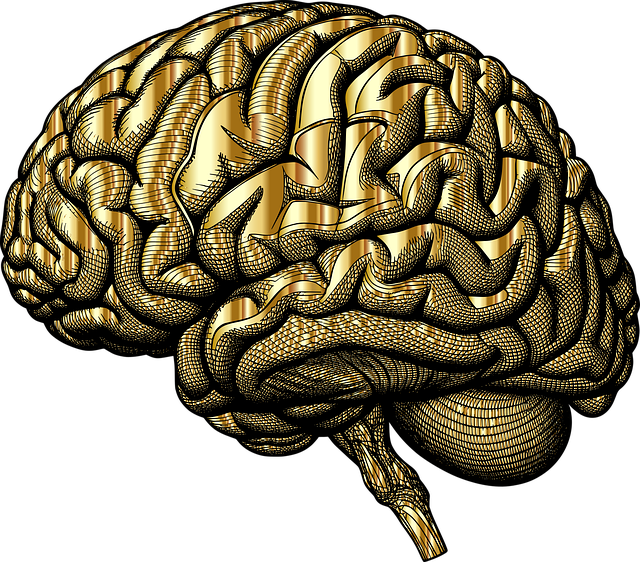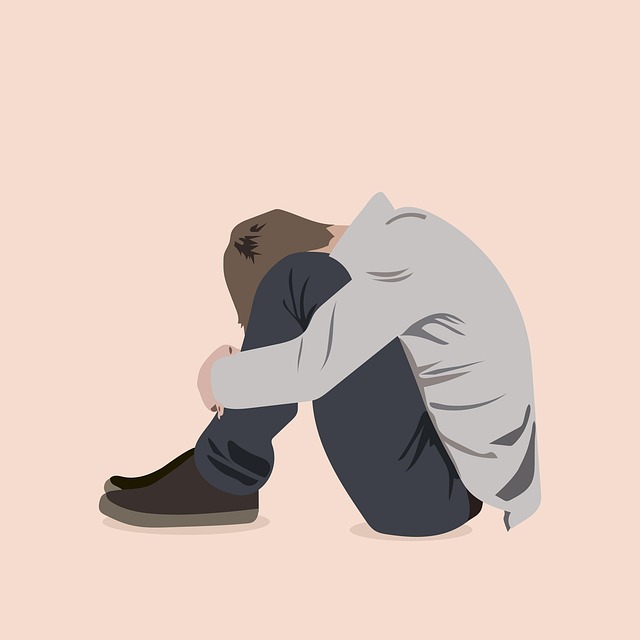Recognizing depression in elderly individuals is crucial due to its higher prevalence, with common signs including persistent sadness, changes in appetite and sleep, fatigue, concentration issues, and thoughts of suicide. Physical health problems can exacerbate these symptoms. Prevention focuses on therapy addressing mental health and sexual addictions common among elders, using specialized approaches like cognitive behavioral therapy (CBT) and podcasts for self-awareness. Holistic strategies involving physical activity, balanced diet, mindfulness, social groups, and strong relationships, along with tailored therapy for sexual addiction, are vital for promoting overall mental health in seniors.
Depression is a prevalent and serious issue among seniors, but with the right strategies, prevention is key. This article explores effective ways to combat depression in elderly individuals, focusing on recognizing subtle signs, addressing specific concerns like sexual addiction through tailored therapy options, and highlighting the power of lifestyle changes and supportive networks. By understanding these approaches, we can empower seniors to lead happier, healthier lives while promoting well-being and resilience. Additionally, exploring therapy for elders with sexual addiction offers a vital perspective on comprehensive mental health care.
- Recognizing the Signs of Depression in Elderly Individuals
- Therapy Options for Addressing Sexual Addiction in Seniors
- Lifestyle Changes and Support Systems for Preventing Depression
Recognizing the Signs of Depression in Elderly Individuals

Recognizing depression in elderly individuals is crucial due to its heightened prevalence among this demographic. Common signs include persistent feelings of sadness, loss of interest or pleasure in activities once enjoyed, significant changes in appetite and sleep patterns, fatigue, difficulty concentrating, and thoughts of death or suicide. These symptoms can be exacerbated by physical health issues common in elders, further emphasizing the need for thorough assessment.
While discussing depression prevention strategies, it’s important to note that therapy plays a pivotal role in treating not only mental health issues but also addressing potential sexual addictions, which can impact elderly individuals. Effective therapy for elders with sexual addiction involves specialized approaches focusing on emotional healing processes and confidence-boosting techniques. Additionally, public awareness campaigns development centered around these topics can foster an environment of understanding and support, ultimately contributing to the overall well-being of seniors in our communities.
Therapy Options for Addressing Sexual Addiction in Seniors

Depression prevention strategies for seniors often include specialized therapy options tailored to address specific concerns unique to this demographic. One such critical area is sexual addiction, which can significantly impact the emotional well-being promotion techniques of older adults. Therapy for elders with sexual addiction involves a combination of cognitive behavioral therapy (CBT) and other evidence-based practices designed to help individuals understand their behaviors and develop healthier coping mechanisms.
Specialized mental wellness podcast series production can complement these therapy sessions, offering ongoing support and practical tips on maintaining mental wellness. Mind over matter principles, emphasizing self-awareness and positive thought patterns, are integrated into these therapeutic approaches, empowering seniors with the tools needed to manage depression and promote a sense of purpose.
Lifestyle Changes and Support Systems for Preventing Depression

Depression prevention strategies often involve significant lifestyle changes and building a robust support system. For elders, maintaining mental wellness is crucial, and various approaches can be beneficial. Regular physical activity, a balanced diet, and adequate sleep are essential pillars of preventive care. Engaging in activities that promote relaxation, such as mindfulness practices or joining social groups, can help combat loneliness and isolation, which are significant risk factors for depression.
Furthermore, developing and leveraging support systems is vital. This includes fostering strong relationships with family and friends and seeking professional guidance when needed. Mental wellness coaching programs can offer personalized strategies to enhance confidence and cope with stressors. Crisis intervention services should also be considered, especially in cases of sexual addiction, providing elders with the necessary tools to navigate challenging situations. These comprehensive approaches ensure a multi-faceted strategy for preventing depression and promoting overall mental health.
Depression prevention requires a multifaceted approach, especially for seniors. By recognizing early signs of depression in elderly individuals, providing access to tailored therapy options like those addressing sexual addiction, and fostering supportive lifestyles with strong community connections, we can significantly reduce the risk of this debilitating condition. Incorporating these strategies into care plans ensures that older adults receive holistic support, promoting mental well-being and enhancing their overall quality of life.








